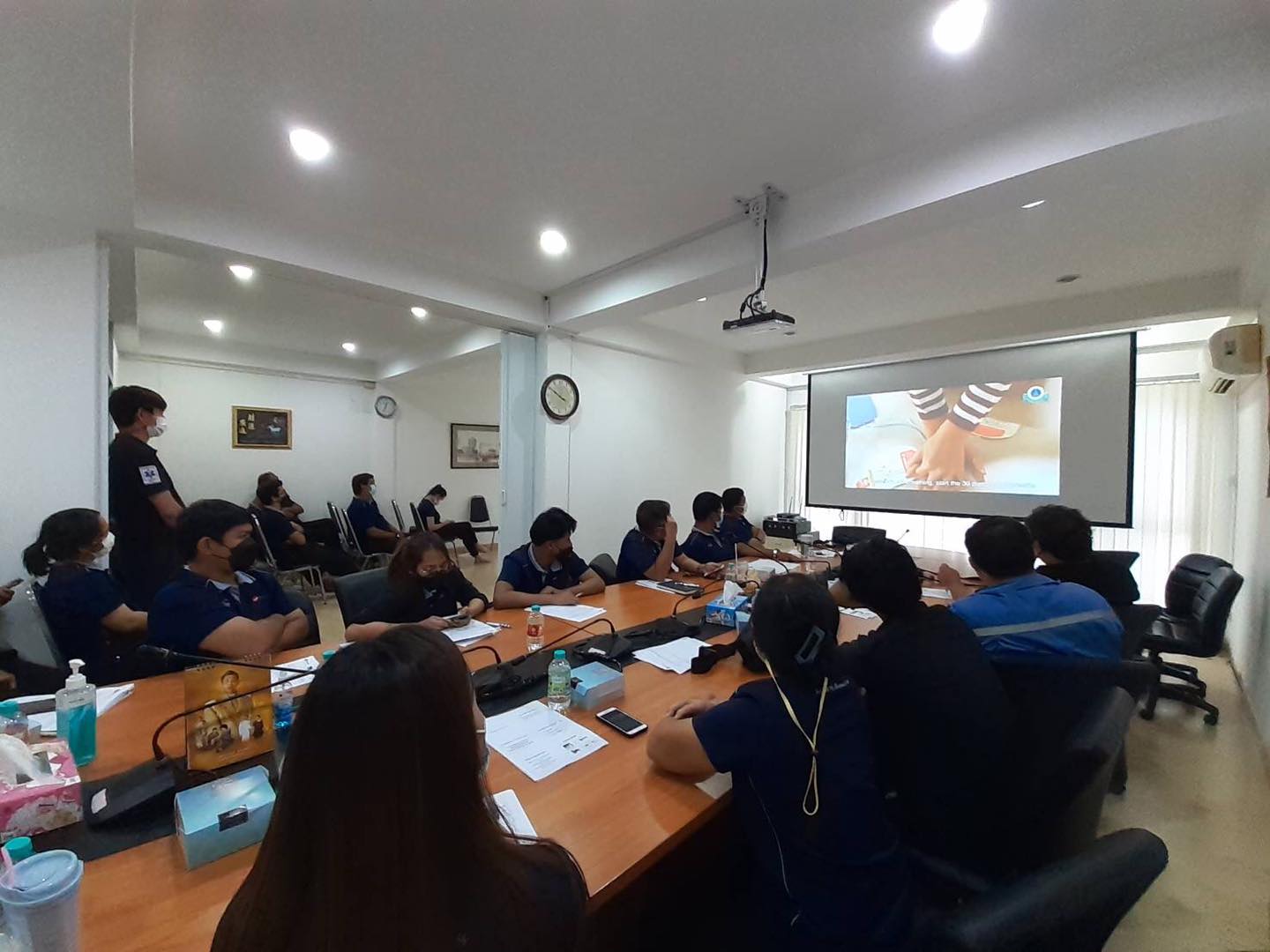ผู้สมัครงาน

เลือกช่องทางติดต่อ
เกี่ยวกับเรา
บริษัท บอสเวลล์ คอนเนคชั่น กรุ๊ป จำกัด ก่อตั้งเมื่อปี พ.ศ.2537 เราเป็นผู้นำเข้าและจัดจำหน่ายสินค้า ด้านระบบสัญญาณแจ้งเหตุเพลิงไหม้ (Fire Alarm Systems) , ระบบกล้องโทรทัศน์วงจรปิด (CCTV Systems) , ระบบเรียกพยาบาล (Nurse Call Systems) , อุปกรณ์ป้องกันและแจ้งเตือนอันตรายที่เกิดจากฟ้าผ่าและไฟกระโชก (Lightning Systems) รวมถึงอุปกรณ์รักษาความปลอดภัยต่างๆ เป็นต้น
สินค้าและบริการ




จำนวนประกาศงานทั้งหมด 10 รายการ
ข้อมูลติดต่อ
คุณมนัส
บริษัท บอสเวลล์ คอนเนคชั่น กรุ๊ป จำกัด เลขที่ 65,67 ซอยรามอินทรา 52/1 แขวงรามอินทรา เขตคันนายาว จังหวัดกรุงเทพมหานคร 10230 ประเทศไทย
 โทร. 0-2948-5544 ต่อ 104
โทร. 0-2948-5544 ต่อ 104  http://www.boswell.co.th/
http://www.boswell.co.th/
 Social Media
Social Media
การเดินทาง
หางานตามสาขาอาชีพ
JOBBKK.COM © สงวนลิขสิทธิ์ All Right Reserved